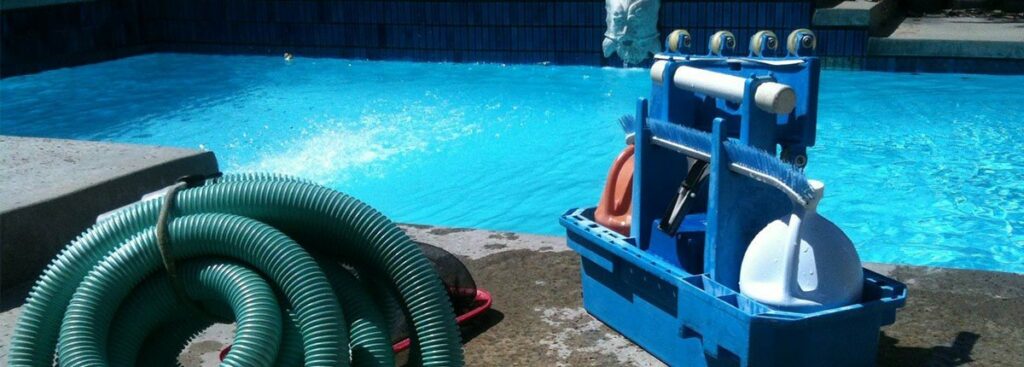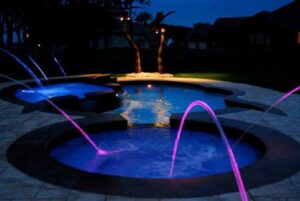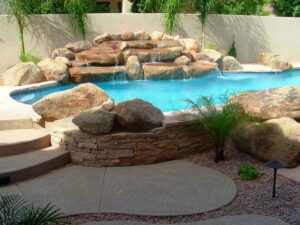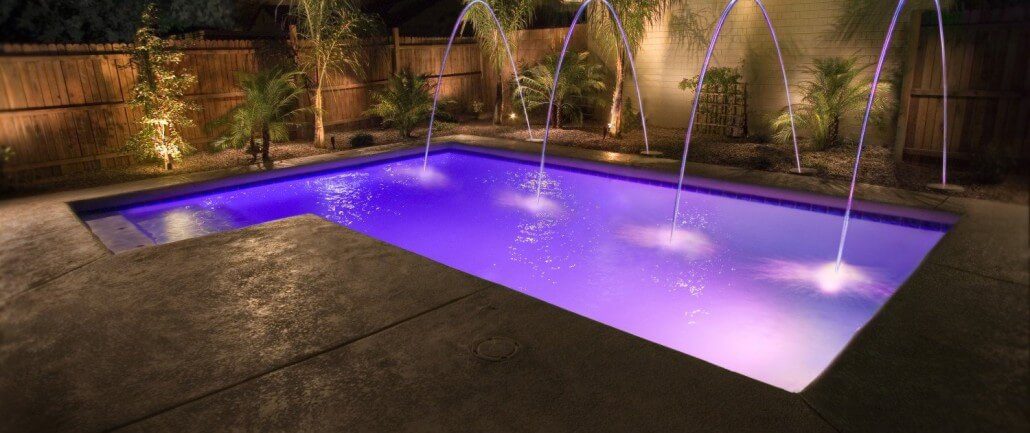Are You Properly Cleaning Your Pool?
If you have a personal swimming pool, it is extremely important to clean it properly. Pool cleaning not only ensures that the water is clear and safe to swim in but also helps to keep all of your equipment functioning properly. By simply spending a few minutes of your time each day on the up-keep of your swimming pool, you will be able to enjoy it throughout the season without having to worry about the health of your pool and whether it is safe to swim in or not.
In fact, cleaning your pool does not have to be as cumbersome as some may think. Routine care can help with common problems such as build-up on the bottom and sides of the pool, murky water, and chemical levels of the water. These tips from We Fix Ugly Pools will help you to learn how to properly clean your pool.
Brushing The Pool
Brushing is one of the most important tips for pool cleaning. Brushing the walls and tiles of your pool should be done at least once a week. This maintenance technique will help to prevent, minimize, and even eliminate algae build-up along with deposits of calcium. Those with concrete walls in their swimming pools should opt for a stiff brush while those with vinyl walls should choose a soft brush for cleaning their pools.
Vacuuming The Pool
Vacuuming should be performed every week to keep the pool water clean and clear. There are a wide variety of different vacuum types that you may choose from. This includes both manual and automatic models. After vacuuming, be sure to clean out the filter of all debris so that it is able to continue circulating the water and working properly.
Maintaining Your Chemicals
Maintaining the chemical levels of the water is an important pool cleaning tip. Chlorine and pH are especially important, as they both help keep your pool as clean and healthy as possible. Using test strips can effectively measure the acidity or alkalinity of the water and add chemicals as needed.
Misconceptions on Solutions to Cleaning a Pool
One of the most common pool cleaning misconceptions is that too much chlorine in the pool can cause eye irritation. In fact, this is exactly the opposite. High chlorine levels do not cause this irritation but instead are caused by chloramines which are formed when chlorine bonds with nitrogenous products. Chloramines can be treated and prevented by using higher levels of chlorine when cleaning your pool.
With these cleaning tips, you’ll keep your pool in tip-top shape throughout the year. Now you can swim with confidence, knowing that your water is as clean as possible with just a little bit of time and work.







